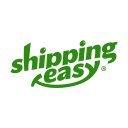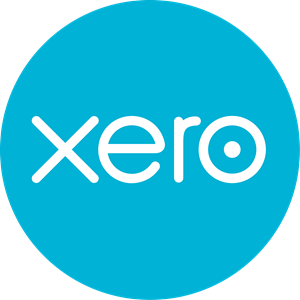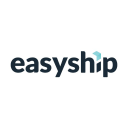Starting A Supplements Nutrition Company and Growing to $20k/month
Note: This business is no longer running. It was started in 2013 and ended in 2021. Reason for closure: Acquired by Elemental Formulations.
Hello! Who are you and what are you working on?
My name is Ben Esgro, I am the founder and co-owner of De Novo Nutrition. We sell a line of dietary supplements, which started back in 2011 as a labor of love and curiosity.
This began with me hand mixing custom protein powders and has since grown steadily from a one man operation in my parents house to a multinational brand with employees in both the US and UK.
We pride ourselves on being unique, innovative, honest, and reliable in a highly competitive industry that isn’t often celebrated for these characteristics. While we are known for our unique and great tasting Whey protein flavors; White Cake and Candy Bar, our top product is a cognitive enhancer called Utopia. With Utopia, we were one of the first sports nutrition companies to release a standalone nootropic blend which led to us being mentioned on The Tim Ferriss Show and a major inflection point in growth.
 Sorry, you need to login and/or become a member to view the rest of this content.
Sorry, you need to login and/or become a member to view the rest of this content.

Download the report and join our email newsletter packed with business ideas and money-making opportunities, backed by real-life case studies.

Download the report and join our email newsletter packed with business ideas and money-making opportunities, backed by real-life case studies.

Download the report and join our email newsletter packed with business ideas and money-making opportunities, backed by real-life case studies.

Download the report and join our email newsletter packed with business ideas and money-making opportunities, backed by real-life case studies.

Download the report and join our email newsletter packed with business ideas and money-making opportunities, backed by real-life case studies.

Download the report and join our email newsletter packed with business ideas and money-making opportunities, backed by real-life case studies.

Download the report and join our email newsletter packed with business ideas and money-making opportunities, backed by real-life case studies.

Download the report and join our email newsletter packed with business ideas and money-making opportunities, backed by real-life case studies.































